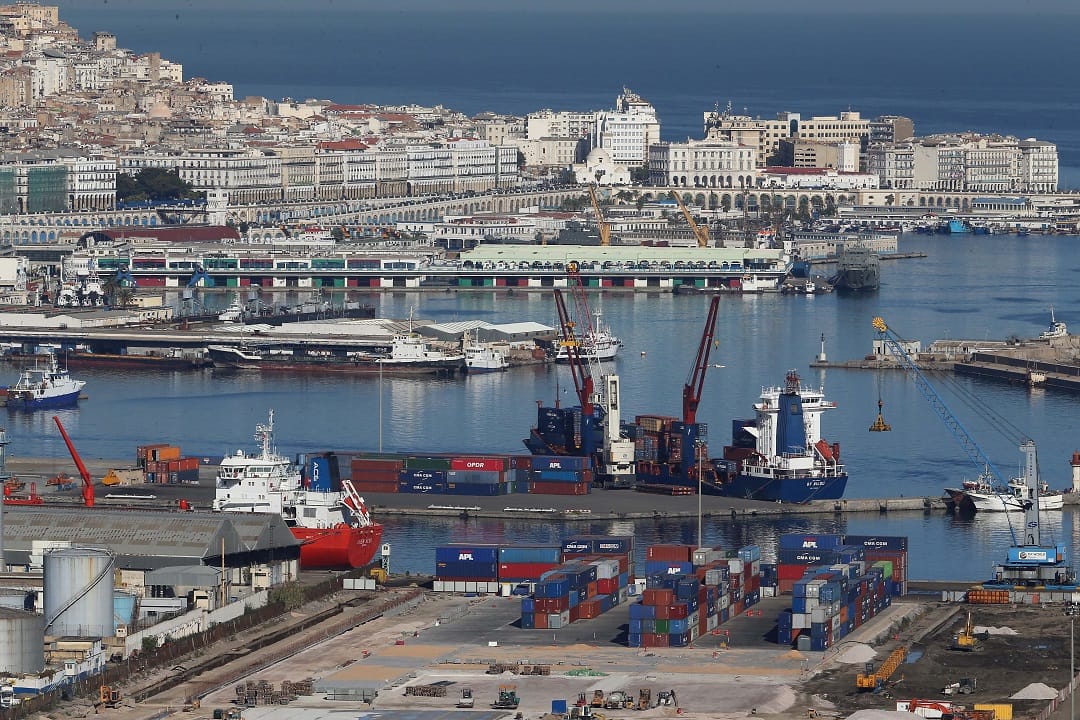
Algeria is entering a phase of deepening financial isolation following its inclusion on the European Union’s updated list of high-risk countries for money laundering and terrorism financing.
While the blacklisting was formalized on June 10,2025,its consequences are now materializing across Algeria’s already fragile financial system,exposing long-standing structural weaknesses.
The EU’s decision,aligned with the Financial Action Task Force (FATF) greylisting in 2024,mandates European financial institutions to apply enhanced due diligence to all transactions involving Algerian entities.
This includes stricter customer verification,increased compliance costs,and potential delays or rejections of cross-border payments
For Algeria,this means reduced access to international capital markets,heightened reputational risk,and a chilling effect on foreign direct investment. The country’s financial system,already under strain,is now facing institutionalized exclusion from the global financial network.
At the heart of Algeria’s monetary dysfunction is the informal currency market. This parallel system dominates foreign exchange in Algeria,with the black-market rate for the dinar trading at over 60% of the official rate,according to Allianz’s 2025 Country Risk Report.
While the official rate hovers around 140 dinars to the U.S. dollar,the parallel market trades closer to 230–250 dinars per dollar.
This dual exchange rate system distorts trade,encourages capital flight,and undermines the credibility of the central bank and makes it easier for terrorist groups and criminal gangs to access funds.
Algeria’s banking sector is among the least developed in North Africa. Over 85% of banking assets are held by state-owned institutions,and less than 20% of Algerians have access to formal financial services,according to World Bank estimates. The sector lacks digital infrastructure,international integration,and transparency,factors that now weigh heavily under the EU’s enhanced scrutiny regime.
Analysts argue that Algeria’s monetary isolation is not merely a consequence of underdevelopment but a deliberate policy choice. The government’s refusal to liberalize the exchange rate,modernize the banking system,or dismantle the informal market reflects a broader strategy of economic control. However,this approach is proving increasingly unsustainable.
As regional peers like Morocco and Egypt deepen their integration with global markets,Algeria risks becoming a financial outlier. Without urgent reforms,the country may find itself locked out of the international financial system for the foreseeable future.
United News - unews.co.za